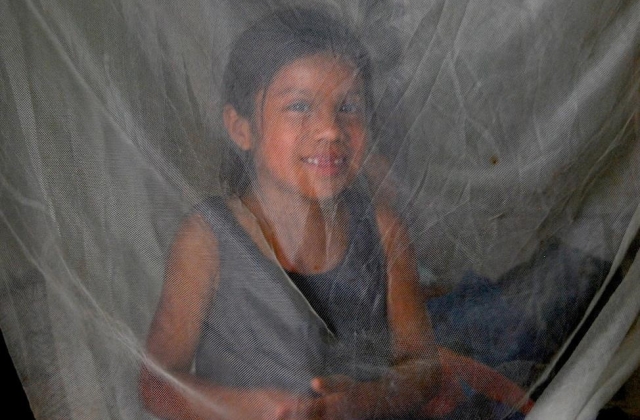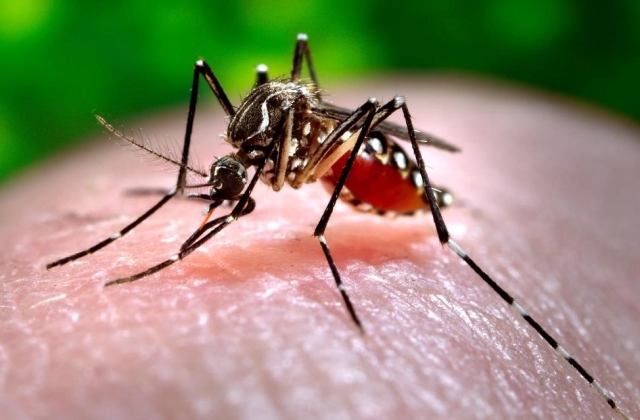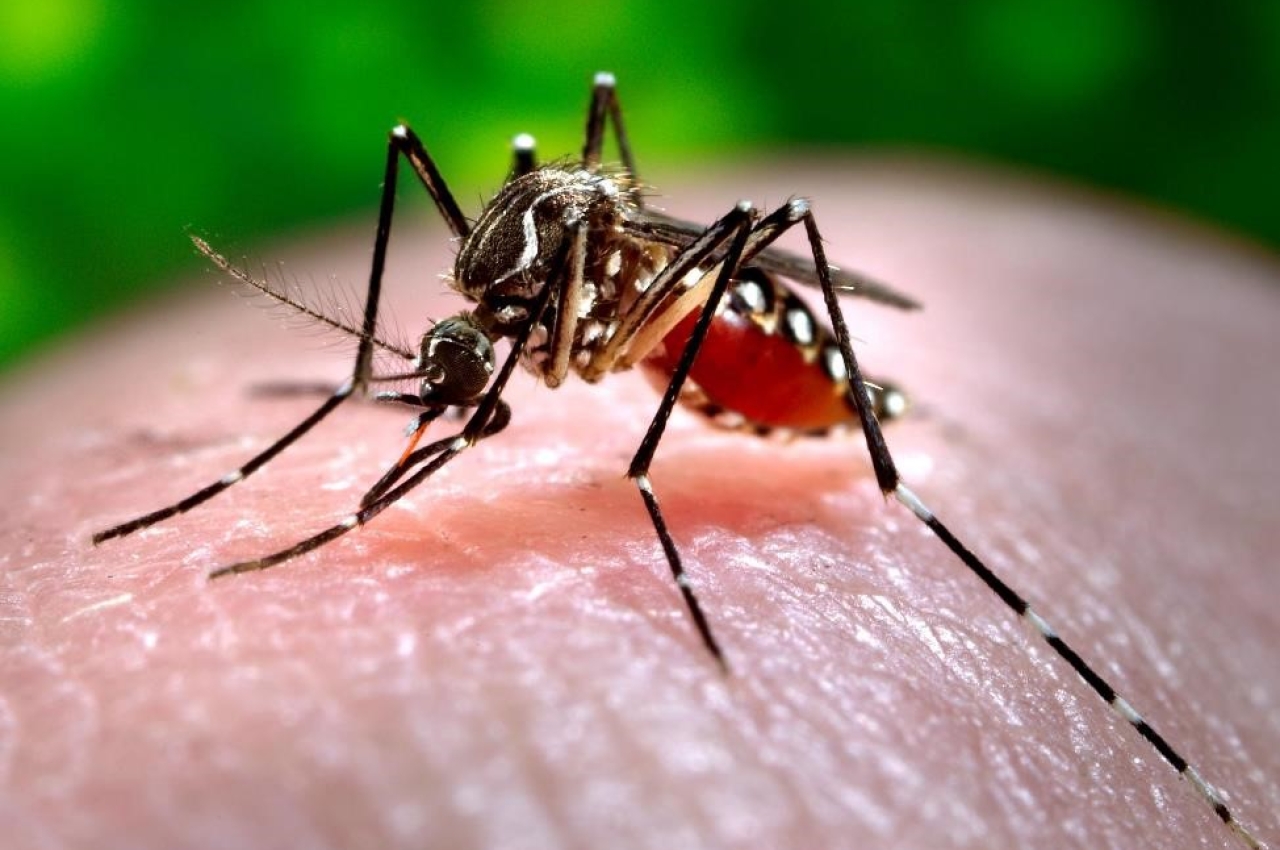Mosquitos are an annoyance on the best of days but when it comes to travelling to tropical areas around the world where there are heavier concentrations of the insect, it can become more than just a nuisance. The Philippines, being a fertile, tropical and biodiverse land, has a lot of these little critters buzzing around at any given time.
Below, the team at Uncharted Philippines has done the research regarding mosquitoes so that you know about any real dangers that they may pose. So if you’re ready to enjoy a Filipino vacation and be completely worry free, be sure to put your mind at ease with the facts below and travel smart.
 photo by Pan American Health Organization PAHO via Flickr
photo by Pan American Health Organization PAHO via Flickr
Malaria
Did you know that this parasitic disease is only transmitted by female mosquitoes? It’s kind of a fun fact even though it’s a glum topic. The reason why mosquitos are blamed for transmitting diseases is because when they feed off an infected host, some of the red blood cells in the person’s blood then mixes with the saliva from the female mosquito so when she comes to bite a new host, the disease is transmitted.
So how do you stay safe during your trip? There are a few options out there including Malaria pills that you can take if you’re really concerned but they’re rendered unnecessary unless you are travelling to a known affected area. In the Philippines, the infected areas are known to be certain parts of mainland Luzon, Mindanao, Mindoro and Palawan as all these areas have rural areas that are below 600 meters. However, please note that only certain areas on these islands are at risk for Malaria and most popular travel destinations such as Northern Luzon mountains, the Visayas and most of Palawan are clear and pose little to no risk. Be sure to contact the Uncharted Philippines country experts to find out if an area has a malaria risk.
As far as vaccines go, none are mandatory before going on your trip but if you’d like to take a peek at some recommended vaccines, there are resources out there for you so that you can choose which ones you may want to get.
Zika Virus
Most dangerous to women who are pregnant or planning to become pregnant, the zika virus poses a threat as the parasite can cause major birth defects. Although the Philippines is listed as an area of risk for the Zika virus on the CDC Web site, like Malaria, it is the rural valley areas that pose the most risk as the mosquitos that transmit the disease don’t live above 2,000 meters . Also, there has been a decrease in the number of Zika virus cases reported and the concern is much lower than it was in 2016 when Zika was first discovered in the country.
Is Zika a real concern in the Philippines? Well, it’s on the CDC list so being vigilant is important. New figures have yet to be released by the department of health in the Philippines for 2018 but the count is expected to be lower than the originally reported 57 cases from 2016-Feb 2017. The threat is not gone but if you travel smart and arm yourself with insect repellents and the proper wardrobe, you should be fine.
 photo by Oregon State University via Flickr
photo by Oregon State University via Flickr
Dengue
Unlike Malaria and the Zika virus which are rare in the Philippines Dengue is a common viral infection found in many parts of the country. Cases have been reported in Negros Oriental, Bohol, Iloilo and is also a threat in dense urban areas including Manila. During the rainy season from May through November, more mosquitos are out because they like the damp, balmy weather.
Common symptoms of dengue include bone ache, pain behind the eyes, skin rashes and headaches. There are four levels of the fever which, if caught early, can be more easily managed.There is no cure for dengue and it takes a long time to recover from it. Certain strains can also kill you. It is pretty common so make sure you catch any symptoms early.
There are a variety of preventative measures that travellers can take that will significantly lower their risk of getting bit by an infected mosquito. And one of the newest preventative measures on the market is a vaccine that will prevent dengue fever . Dengue is a real concern in the Philippines, especially in dense urban areas, but follow the bite prevention tips below and you can be at ease during your Philippine trip.
Common Sense
Just like beach goers don’t go in the ocean at dawn and dusk as that’s when sharks feed, travellers shouldn’t visit countries with known endemics without being prepared. When it comes to mosquitos, the easiest preventative measure is to wear long-sleeved tops and pants, closed-toed shoes and mosquito repellent.
It’s also recommended to wear lighter colours so avoid black clothing as mosquitoes are attracted to the darker colours. Also, don’t wear sweet smelling perfumes, use flowery scented soaps or deodorants as mosquitoes are attracted to the saccharine scent.
Make sure that your sleeping quarters have mosquito nets that are intact without any holes and that garbage is disposed of properly and far away from your place of stay as mosquitos like to congregate around the bins.
And a bonus tip… Do not eat bananas during your trip. I have no idea if there is any scientific fact behind this but I have noticed that whenever I eat bananas, I get attacked by mosquitos like no other. It may be a wives tale or just personal experience but I’ll throw that one in there as well.
For more information on staying safe during your trip, reach out to your in-the-know guide at Uncharted Philippines and he or she will give you extra tips that will keep you adventuring safely without worries.

 photo by Oregon State University via Flickr
photo by Oregon State University via Flickr